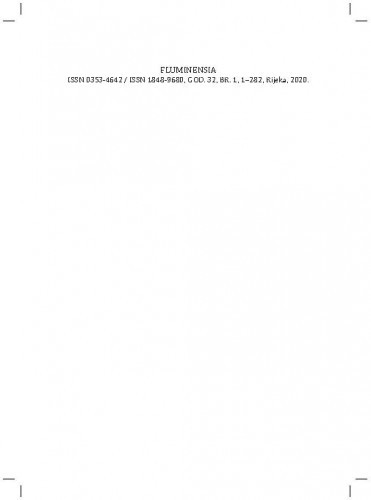Proza Daše Drndić, a osobito roman Totenwande, analizira se prema Rancièrovom pojmu političnosti literature kao autonomne podjele osjetilnoga, odnosno, promjene i pomicanja granica koje određuju područje spoznaje. Politika prema Rancièreu označava definiranje područja društvenog, aktera koji u njemu djeluju, onoga što je vidljivo i što se može čuti na tom području zajedničkog. Drndić u svome djelu izriče mnoga mišljenja o povijesnim i suvremenim događanjima, no političnost prema Rancièru nećemo naći na razini izjave, već u uporabi pripovjednih konvencija za konstrukciju prošlosti u njenim romanima te uporabi dokumentarnih, povijesnih i literarnih izvora. Drndić ruši konvencije razumijevanja prošlosti koje određuje historiografija utemeljena na realističkom narativnom modelu koja konstruira povijest kao teleološki slijed, s karakteristikama kontinuiteta, depersonalizacije, koherencije događaja, i fabulativne cjelovitosti. Drndić ustraje na radikalnoj personalizaciji i individualizaciji povijesti, odustajanju od kronologije te motivima cikličnosti i istovremenosti. Premještanjem uvriježenih koordinati kontinuiteta i diskontinuiteta u svojim romanima pridonosi rušenju koherencije i odustajanju od iluzije cjelovitosti. Literarni i povijesni izvori tretiraju se kao tekstualne konstrukcije, pri čemu se ne dovodi u sumnju materijalnost prošlih događaja, već ističe da je prošla stvarnost dostupna samo preko tekstova nastalih prema određenim narativnim konvencijama. Drndić na taj način radikalno preoblikuje ustaljeno percepciju prošlosti kao povijesti kakva se nudi kroz historiografiju i druge realistički orijentirane tekstove.; Daša Drndić’s novels, in particular Totenwande, are analysed as political literature according to the definition of politics by Rancière. He defines politics of literature as the autonomous distribution of the sensible, meaning a new mode of sense perception: “a distribution of spaces, times, and forms of activity that determines the very manner in which something in common lends itself to participation and in what way various individuals have a part in this distribution” (2013, 7). In her novels Drndić comments on historical and current events, but the politics of her literature are not found on the level of statements, but in the usage of narrative conventions in the construction of past experience and usage of documentary, historical and literary sources. Drndić breaks the conventions of narrative construction of the past defined by historiography, which is based on a narrative mode of realism and defines the past as a teleological sequence with characteristics of continuity, depersonalization, event coherence, and narrative totality. Drndić insists on radical personalization and individualization of history, abandoning chronology and incorporating the logic of cyclicality and simultaneity of time(s). By re-establishing points of continuity and discontinuity she also breaks the coherence and wholeness of authoritative historical narrative. Literary and historical sources are treated as textual constructions, emphasizing that the reality of the past is accessible only through texts created under certain narrative conventions. In this way, Drndić radically reshapes the established perception of the past as constructed by historiography and other texts in the mode of realism.
Sažetak

 Fluminensia : časopis za filološka istraživanja : 32,1(2020) / glavni i odgovorni urednik Aleksandar Mijatović.
Fluminensia : časopis za filološka istraživanja : 32,1(2020) / glavni i odgovorni urednik Aleksandar Mijatović.